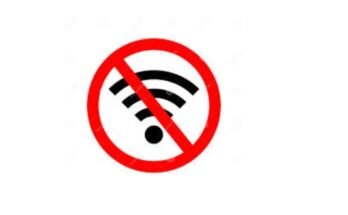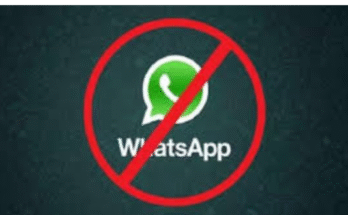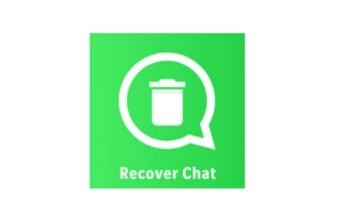In the digital age, messages have become the primary mode of communication, both personally and professionally. However, accidental deletion of messages can lead to anxiety and frustration. Fortunately, there are solutions available in the form of recovery apps that can retrieve deleted messages, offering a sigh of relief to users worldwide.
Understanding the Need for Recovery Apps: Messages hold immense value, containing important information, memories, and sometimes crucial evidence. The inadvertent deletion of messages can occur due to various reasons, including human error, software glitches, or malicious intent. Recognizing the significance of preserving these messages, developers have created specialized apps to recover deleted messages.
Exploring the Functionality: Recovery apps employ advanced algorithms to scan the device’s storage and locate fragments of deleted messages. These fragments are then reconstructed to restore the message in its entirety. The process involves deep scanning of the device, often retrieving messages that were thought to be irretrievable.
Choosing the Right App: With a plethora of recovery apps available, selecting the right one can be daunting. Key factors to consider include compatibility with the device’s operating system, user interface, scanning speed, and success rate in message recovery. Reading user reviews and expert recommendations can aid in making an informed decision.
Top Picks in the Market:
- Dr.Fone – Recover (iOS/Android):
- Known for its user-friendly interface and high success rate.
- Supports both iOS and Android devices, making it versatile.
- Offers selective recovery, allowing users to preview and choose specific messages for retrieval.
- PhoneRescue (iOS/Android):
- Specializes in retrieving various types of data, including messages, contacts, and media files.
- Features a straightforward recovery process with step-by-step instructions.
- Provides a free trial version for users to test its effectiveness before purchasing.
- DiskDigger (Android):
- Primarily designed for Android devices, offering deep scanning capabilities.
- Can recover messages from both internal storage and SD cards.
- Offers a simple interface, suitable for novice users.
Precautions and Limitations: While recovery apps can work wonders in retrieving deleted messages, there are certain limitations and precautions to be aware of:
- Time Sensitivity: Prompt action is crucial as overwritten data becomes increasingly difficult to recover.
- Rooting or Jailbreaking: Some apps may require rooting (Android) or jailbreaking (iOS) the device, which voids warranties and poses security risks.
- Privacy Concerns: Users should exercise caution when granting permissions to recovery apps, as they may access sensitive information stored on the device.
Best Practices for Message Management: To minimize the risk of message deletion and enhance data security, adopting best practices is imperative:
- Regular Backups: Routinely backup messages to cloud storage or external devices to mitigate loss.
- Archive Important Messages: Archive vital messages to prevent accidental deletion.
- Update Software: Keep device software up-to-date to benefit from enhanced security features and bug fixes.
Conclusion: The advent of recovery apps has revolutionized the way we approach data loss, providing a lifeline for users grappling with deleted messages. By understanding their functionality, choosing the right app, and adhering to best practices, users can safeguard their valuable messages and enjoy peace of mind in an increasingly digital world. Remember, in the realm of deleted messages, hope is not lost; it’s just waiting to be recovered.
Download



